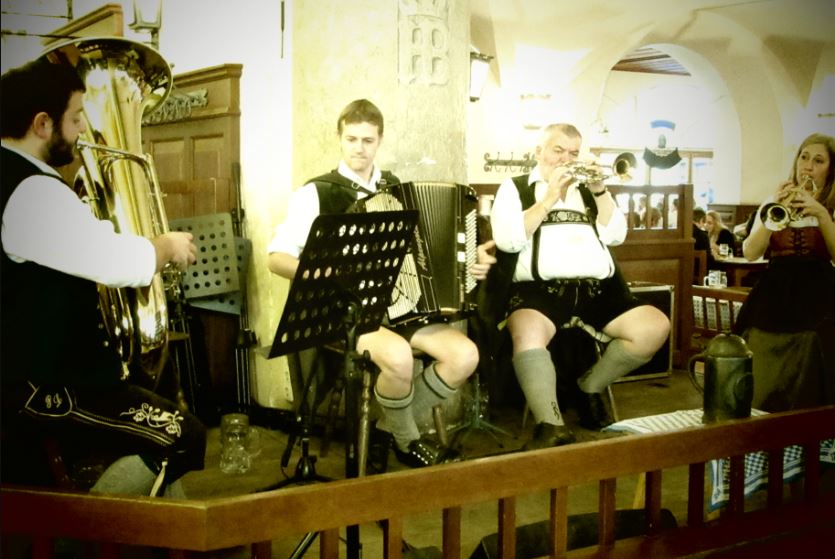
The tourism industry is a big contributor to the economies of many countries. But that comes at a price.
When you welcome a large number of tourists, you risk spoiling your own natural surroundings and sacrificing some of your cultural heritage.
Some people in Bavaria, for instance, are complaining about Italian and Australian tourists “sexualising” Munich’s famed Oktoberfest by wearing revealing costumes. But, of course, they also drink a lot of beer and make a lot of money for the state and its hospitality industry.
Meanwhile, the Greek island of Santorini is limiting the number of tourists it will accept each year, due to socio-econmic pressures of trying to keep up with overwhelming demand.
There have been anti-tourist protests in the Netherlands, Italy, Spain and Croatia, and the Philippines holiday resort island of Boracay was closed for a clean up this year after it became, in the words of an official, a “cesspit” due to too many tourists and not enough infrastructure.
Of course, it’s up to each country/city/ individual destination to manage its tourist intake and the facilities provided for them.
It’s easy, but glib, to say that the locals protest too much. Of course, it’s natural that people from around the world would want to join in such events as Oktoberfest, the running of the bulls in Pamplona, or La Tomatino, the tomato-throwing festival in Valencia. And these events are economic powerhouses due to their international appeal.
But as tourists, we have a responsibility to demonstrate appreciation and respect. The golden rule is: leave it as you found it, and it will be there for future generations to enjoy.
